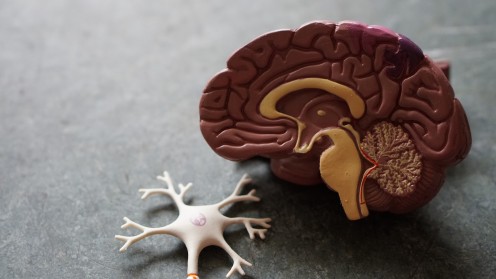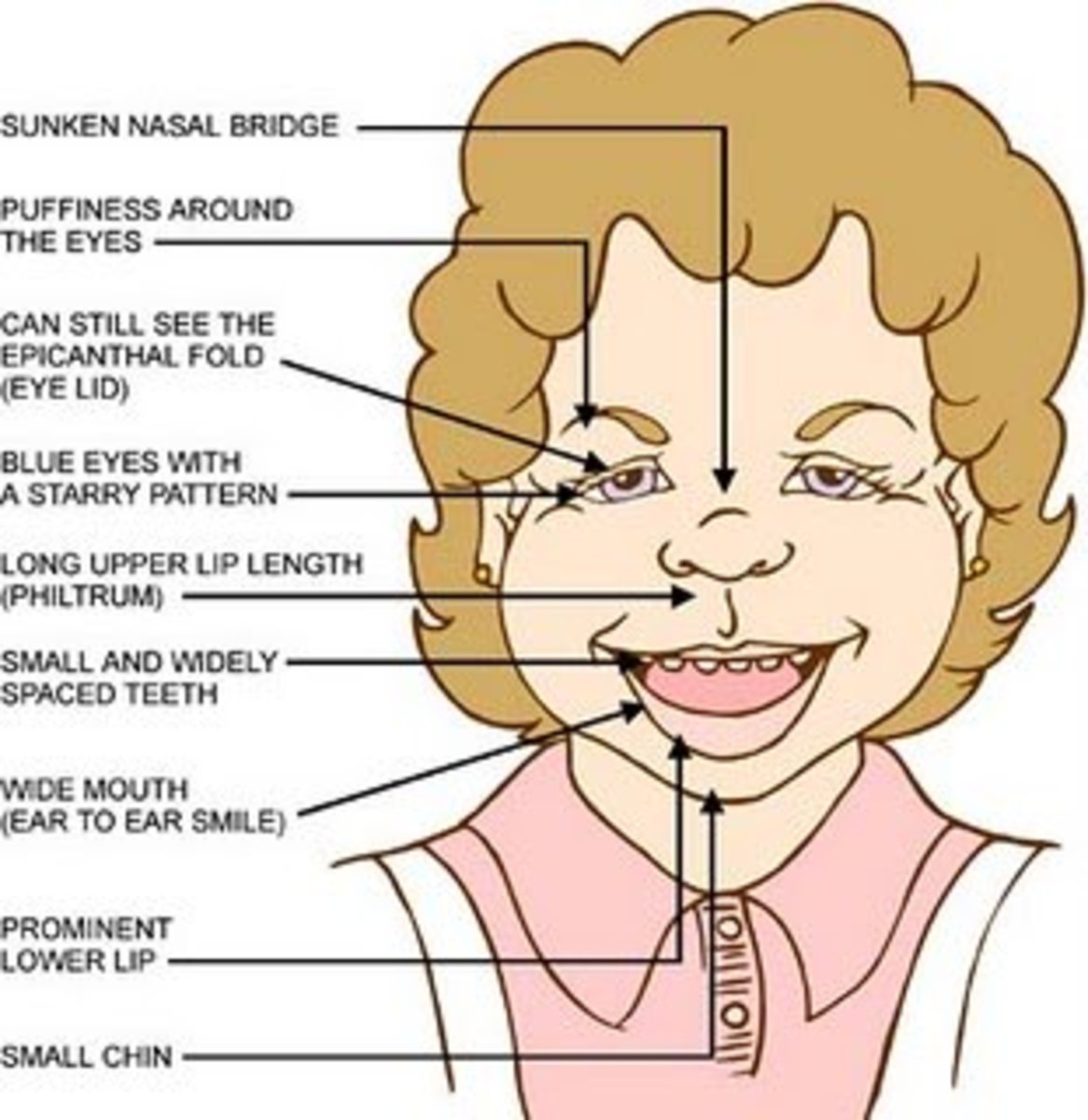5 Facts Everyone Should Know About Tourette Syndrome
What is Tourette Syndrome?
What is Tourette syndrome? Tourette syndrome is a neurological disorder that is characterized by having tics, which are repetitive and involuntary noises and movements.

The Difference Between Tourettes and Other Tic Disorders
To be diagnosed with Tourettes, a child has to have a combination of at least two motor tics and at least one vocal tic in some combination for a year or more. The onset of Tourettes also has to occur before the age of 18. In Provisional Tic Disorder, tics only have to be present for less than a year. In Chronic Tic Disorder, individuals have either vocal tics or motor tics for over a year.
Different Types of Tics
There are simple tics and complex tics. Tourette's is different for everyone and it's important to understand that tics come in many forms. An individual with Tourette Syndrome can experience any of the following tics, and more.
Simple Motor Tics
- Eye blinking
- Facial grimacing
- Jaw movements
- Neck stretching
- Arm jerking
Complex Motor Tics
- Hopping in combination with a simple motor tic
- Twirling in combination with a simple motor tic
- Jumping in combination with a simple motor tic
Simple Vocal Tics
- Sniffling
- Throat clearing
- Shouting
Complex Vocal Tics
- Saying or shouting words or phrases out of context
- Coprolalia
Individuals with Tourettes Rarely Shout Curse Words
Most people hear the word 'Tourettes' and instantly think of someone yelling and swearing at random. Coprolalia is the involuntary outburst of obscene words or socially inappropriate and derogatory remarks. Coprolalia is a valid and possible symptom of Tourette Disorder but is extremely rare. I Swear I Can't Help It is an excellent documentary about living with Tourettes and having the coprolalia tic.
Tics Are Involuntary
When a child has a tic, whether it is shouting out loud or blinking of the eyes, he/she does not do the behavior on purpose. It may look like a purposeful action, but the child doesn't have much control over it. Imagine that you have a cold and you are in an important meeting. You start to feel a sneeze come on, but there's no way you can let it out during the meeting. So, you try to suppress it. You might be able to hold back the sneeze, but now how do you feel? It's not a very good feeling, and your situation now is probably worse than before. It is taxing and uncomfortable for a child to try and suppress a tic. It's also comparable to having an itch that you cannot scratch.
What Causes Tourettes?
It is unknown what causes the disorder, but it is believed to be genetic. There is research that points to abnormalities in certain parts of the brain, the circuits that interconnect these parts, and the neurotransmitters responsible for communication among nerve cells.
I Swear I Can't Help It
We don't talk about Tourette Syndrome much and many people aren't aware of what it is. Children with Tourettes struggle every day with getting picked on, being stared at, and getting left out due to lack of knowledge on the subject. Simply understanding the five points above will help spread awareness about Tourettes and the lives that it affects.
Sources
KidsHealth from Nemours, https://kidshealth.org/en/teens/tourette.html
Tourette Association of America,
https://tourette.org/about-tourette/overview/what-is-tourette/
Centers for Disease Control and Prevention, https://www.cdc.gov/ncbddd/tourette/diagnosis.html
NIH - National Institute of Neurological Disorders and Stroke, https://www.ninds.nih.gov/Disorders/Patient-Caregiver-Education/Fact-Sheets/Tourette-Syndrome-Fact-Sheet
© 2019 Sarah Lyell








